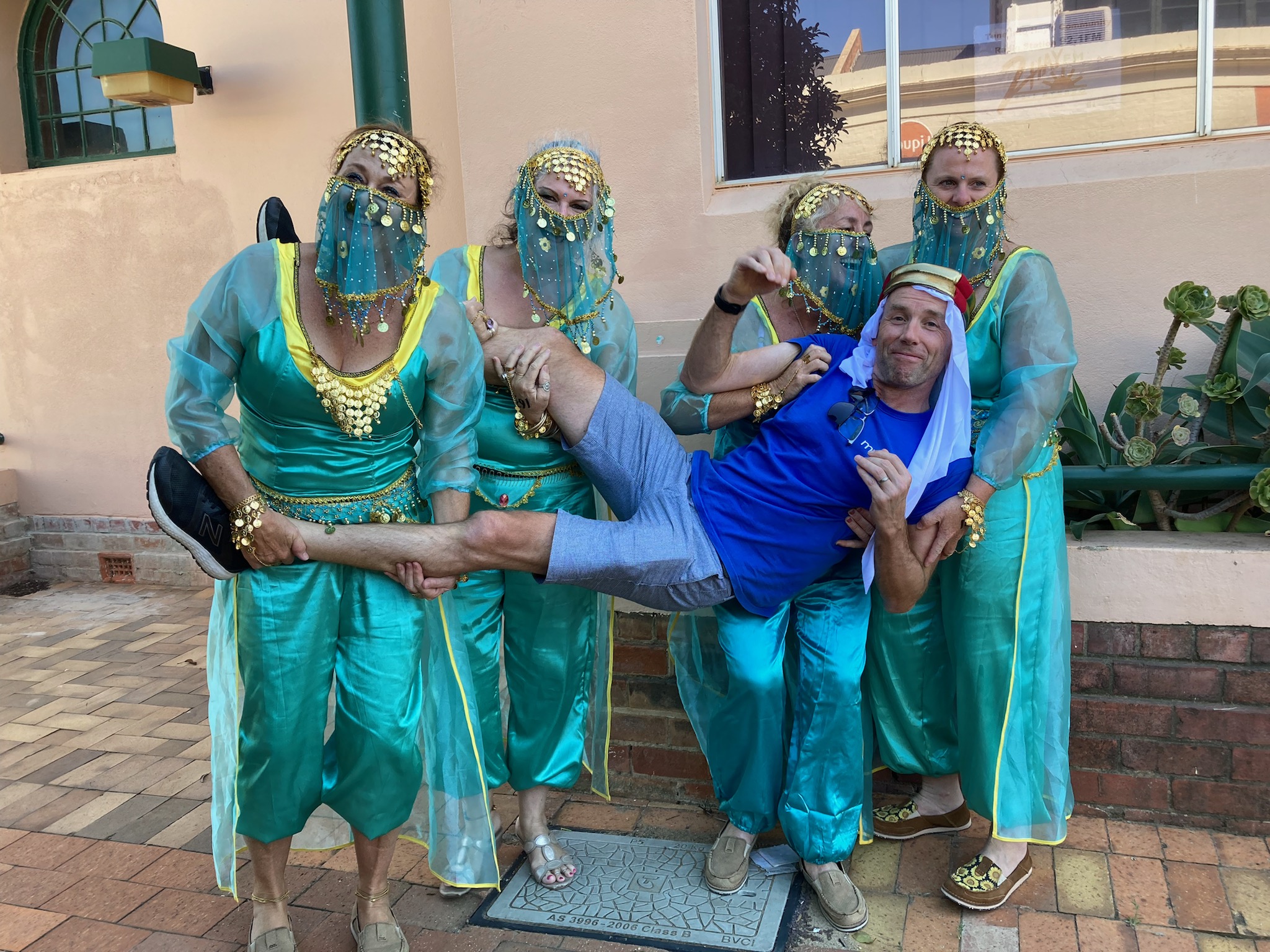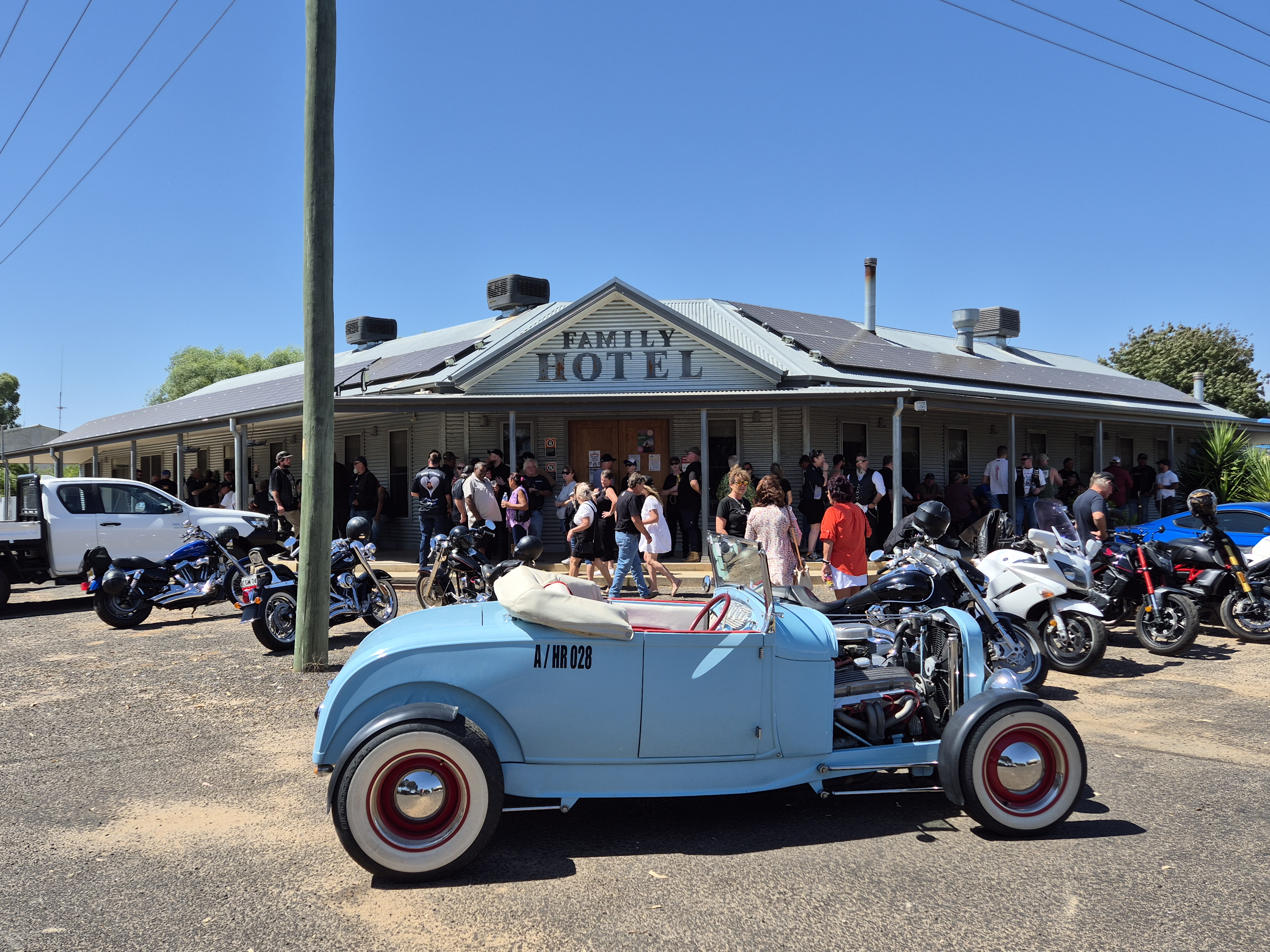Research news
Advance | Executive Director of Research Report
Published: June 2024
Firstly, I would like to welcome our new CEO, Clare Sullivan, who commenced earlier this year. Clare has considerable experience in advocacy, leadership and organisational transformation across the not-for-profit, government and private sectors.
As it always seems in the MND world, the last few months have seen a mixed bag of outcomes.
Radicava (Edaravone), which was approved by the Therapeutics Goods Administration earlier this year, has now been recommended by the Pharmaceutical Benefits Advisory Committee for inclusion on the Pharmaceutical Benefits Scheme (PBS). Although not a game-changer, Radicava provides another treatment option for MND patients and benefit for some individuals. Inclusion on the PBS provides a cheaper option for those currently accessing it privately.
Relyvrio unfortunately failed its pivotal Phase 3 trial and the drug has been withdrawn from the US and Canadian markets where it had been approved on the basis of Phase 2 data. There was much hope around this therapeutic but also reservations around the reliability of the Phase 2 data. Going forward we must recognise that true hope comes from strong data and well-designed studies.
A great outcome has been achieved for Qalsody, a gene therapy produced by Biogen specifically targeting mutations in the SOD1 gene. Previously known as Tofersen, this drug has now been approved in the US, Canada and Europe and we understand Biogen will soon be applying for approval in Australia. In the meantime, it is available through their compassionate access program. Qalsody is a great outcome from a well-designed phase 3 trial.
Other trials and treatment development are also going well in Australia. The phase 1 trial for SPG302 from Spinogenix has now moved into the second part of its phase 1 trial with patients now receiving the drug. Monepantel (manufactured by PharmAust) showed some promising results from its Phase 1 trial and will now hopefully progress to a phase 2 trial.
We are rapidly approaching the 10-year anniversary of the Ice Bucket Challenge. This viral internet event raised the profile of MND and brought in millions of dollars for research and care around the world. Many trials underway today stem from ice-bucket funding as do many of the large-scale data collection initiatives, including the Australia genomics database, SALSA. Keep your eye out for events celebrating this incredible phenomenon.
Congratulations to Julian Gold for his award as a Member (AM) in the general Division in the 2024 Australia Day Honours. Julian has been the driving force behind testing combination an anti-retroviral therapy (Triumeq) in patients with MND – known as the Lighthouse Trials.
I have had the privilege of attending some great fundraising events. The Shag Gregory Memorial Poker Run was run for the 25th time which I think makes it the longest running MND research fundraising event in Australia. It was a fantastic day out with well over 100 very large and loud motorbikes touring around the Hay countryside.
My thanks to Tracey and her family and the town of Hay for continuing to run this iconic event.
It seems the awareness and profile of MND continues to rise and this is reflected in the ongoing success of these long-running events and the fantastic fundraising outcomes they achieve.
Even in tough economic times, the impact of MND strikes through to reveal the generosity of spirit in our MND community, which I feel honoured to be a part of.
Dr Gethin Thomas
Executive Director Research, MND Australia




